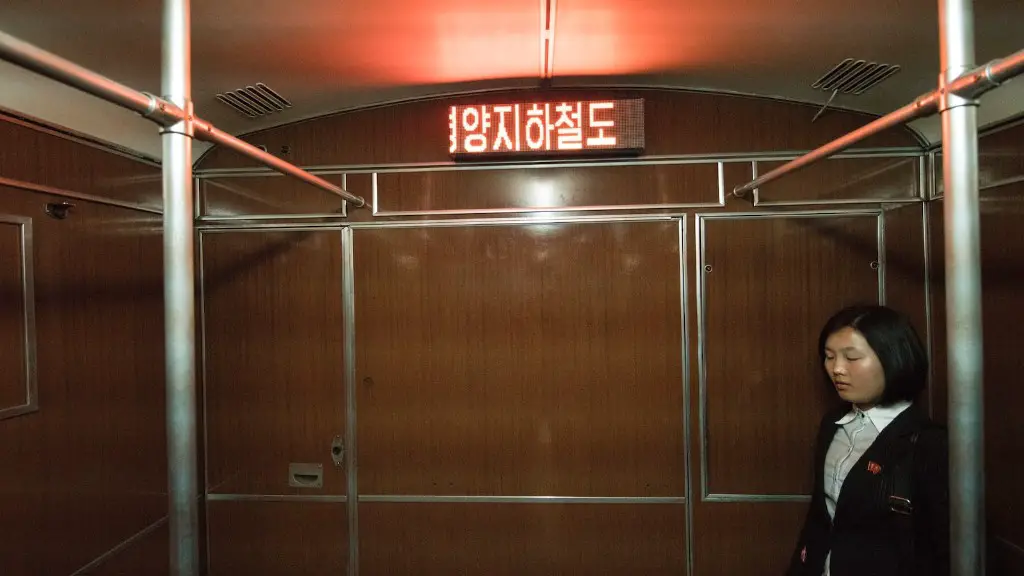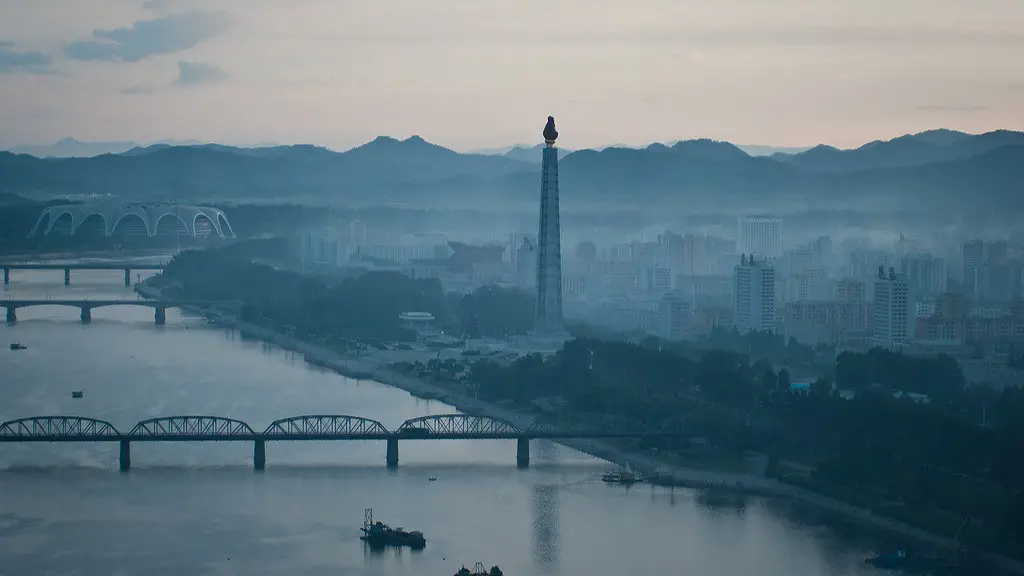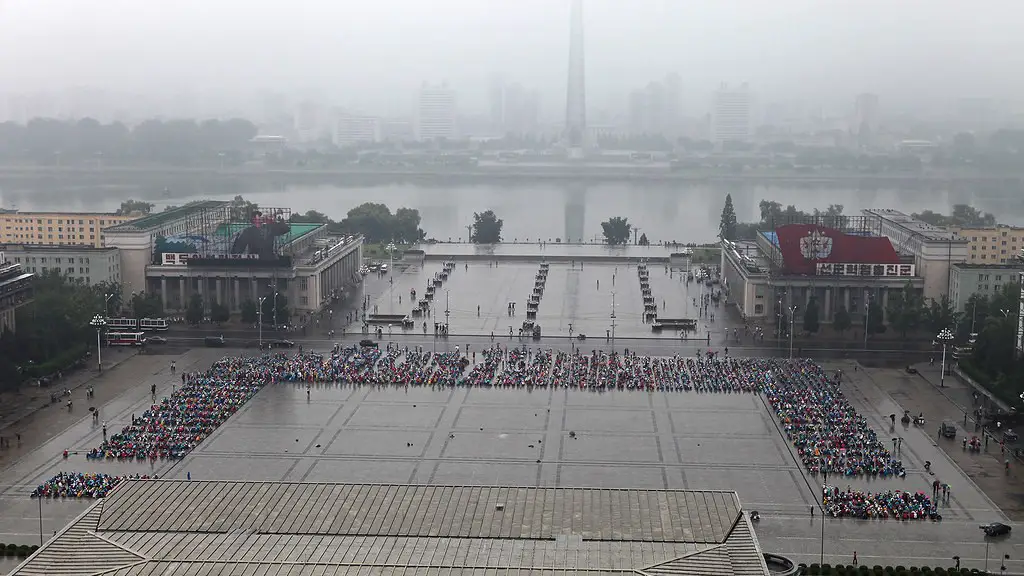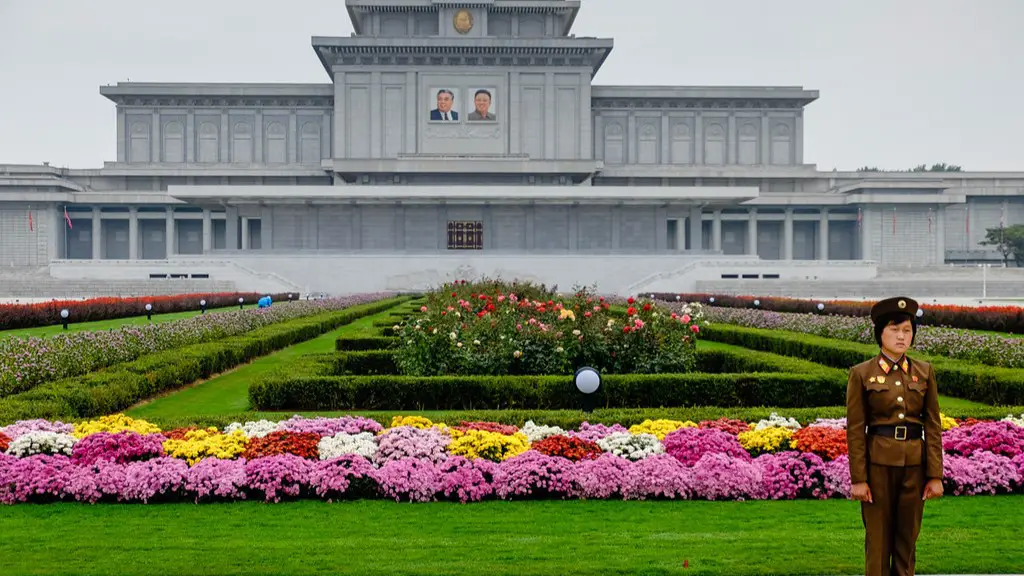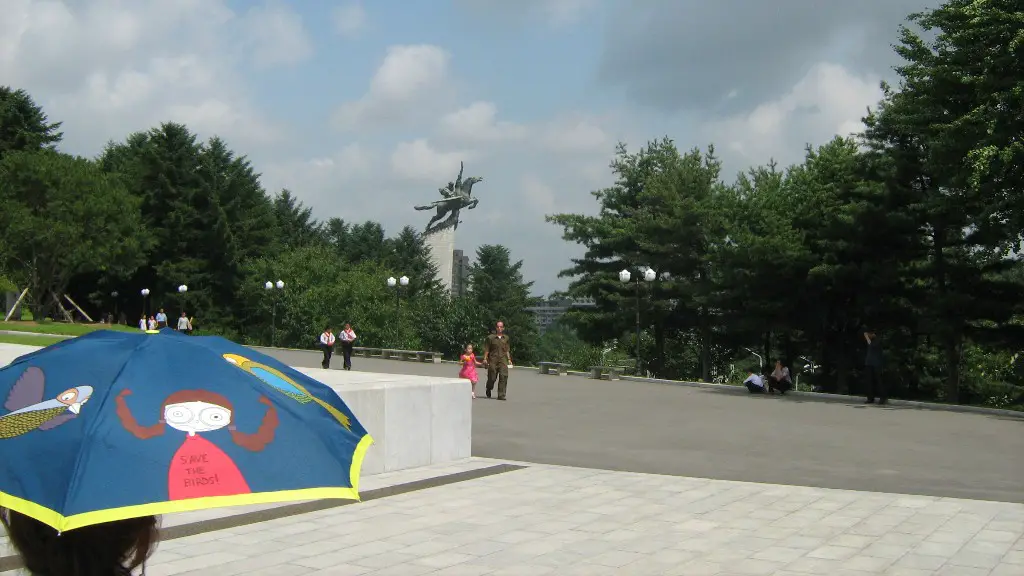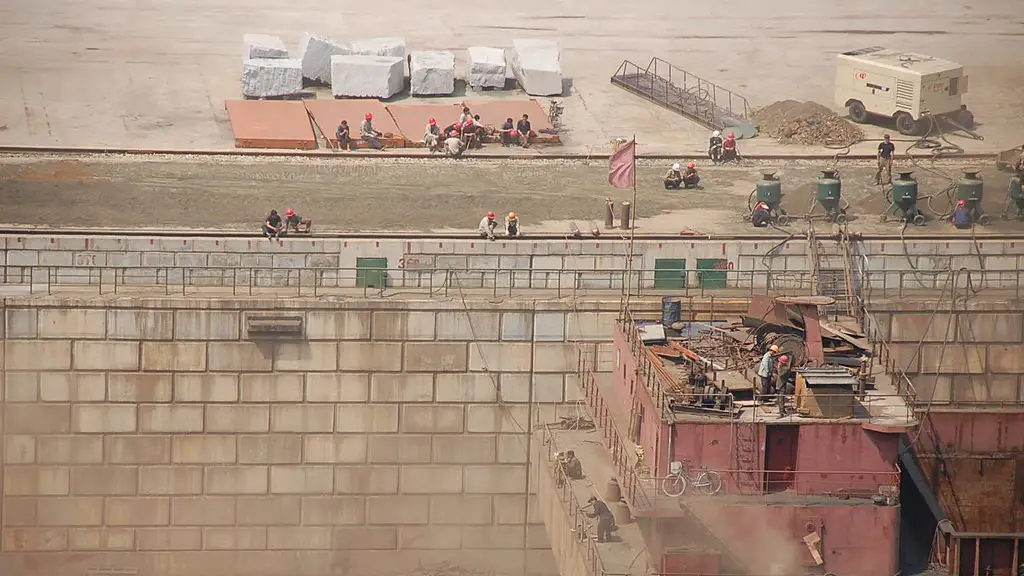Since the 1950s, North Korea has been ruled by a series of autocratic leaders who have imposed rigid rules on the country’s 24 million inhabitants. human rights violations in North Korea include enforced disappearances, arbitrary detention, widespread torture, rape and other sexual violence, forced labour, and the denial of freedom of speech, religion, and association. North Koreans are also denied the right to a fair trial, and the government operates a network of prison camps where political prisoners are subjected to forced labour, starvation, and other abuses.
The human rights violations in North Korea are many and varied. They include:
– Limitations on freedom of religion
– The absence of freedom of expression
– Severe limitations on freedom of movement
– Lack of access to information
– Violations of the right to food
– Abuses of the right to work
– forced labour
– Discrimination against women
– Violations of the rights of the child
Are there any human rights in North Korea?
The international community must act to hold accountable those responsible for the human rights abuses of North Koreans who are forcibly repatriated. These North Koreans are commonly subjected to summary execution, torture, arbitrary detention, forced abortion, and other forms of gender-based violence. The perpetrators of these crimes must be brought to justice and held accountable for their actions.
When travelling to North Korea, it is important to be aware of the country’s strict laws regarding what you can bring into the country. Items such as religious, pornographic or political materials are illegal and must be declared upon arrival. All published material and electronic devices must also be declared. Failure to adhere to these laws can result in severe penalties.
What are the bad rules in North Korea
The government of North Korea does not tolerate pluralism or any dissenting voices that could challenge the established order. All independent media, civil society organizations, and trade unions are banned. And anyone who attempts to exercise their basic liberties of freedom of expression, public assembly, association, or religion is systematically denied and faces the possibility of collective punishment. This climate of fear and repression ensures that few people dare to speak out against the government.
The government of North Korea commits significant human rights abuses, including unlawful or arbitrary killings, forced disappearances, torture, and cruel, inhuman, and degrading treatment and punishment. Prison conditions are harsh and life-threatening, and political prisoners are subject to arbitrary detention and mistreatment.
Does North Korea have freedom of speech?
The mass media in North Korea is heavily controlled by the government and does not provide accurate information to the public. The government routinely disregards the rights of the people to freedom of speech and press. The media is used as a tool to mold public opinion and control the population.
As of June 2019, the U.S. Department of State advises American citizens not to travel to North Korea due to the continuing risk of arrest and long-term detention of U.S. nationals. U.S. citizens in North Korea are at risk of being detained without due process, and may be subject to harsh treatment. The Department of State recommends that American citizens exercise increased caution if they choose to travel to North Korea.
Are Americans not allowed in North Korea?
However, in September of 2017 the U.S. State Department banned all American citizens from traveling to North Korea, due to the increasing risk of detainment and mistreatment of American citizens by the North Korean government.
If the defectors are caught in China, they are repatriated back to North Korea, where rights groups say they often face harsh interrogations and years of punishment, or even death, in kwalliso prison camps (such as the Pukch’ang camp), or in kyohwaso reeducation camps (such as the Chungsan camp or Chongo-ri camp).
Is no one allowed in North Korea
North Korea is a fascinating place, and I’m glad that in principle, anyone is allowed to travel there. I think it’s important to learn about other cultures and to see the world from different perspectives. I’m sorry to hear that South Koreans and journalists are routinely denied entry, although I’m glad to hear that there have been some exceptions for journalists. I hope that someday everyone will be able to freely travel to North Korea and learn about its culture and people.
The North Korean penal system is one of the most brutal in the world, and prisoners are often subject to horrific conditions, cruel treatment, and even execution.
Which country is not allowed in North Korea?
The only country that North Korea restricts visitors from is South Korea (the Republic of Korea). Visitors from South Korea need special permission from both governments in order to enter North Korea.
The divisions between North and South Korea began at the end of World War II, when the Soviet Union occupied the northern half of the peninsula, while the United States occupied the southern half. This division was formalized in 1948, with the establishment of two separate governments.
Since then, the two Koreas have been in a state of conflict, with no formal peace treaty ever being signed. The conflict has been characterized by periodic periods of violence, as well as continued tension and mistrust between the two sides.
As of 2022, North Koreans will only be able to access the internet through Kwangmyong, which is operated by the government. This means that content from other users or third party platforms cannot be accessed. This change is due to the increasing number of North Koreans using mobile devices to access the internet.
Many people in North Korea are stricken with poverty and as a result, often resort to extreme measures in order to survive. Several defectors have reported hearing rumours that murder and cannibalism is rife in the country; these rumours first arose during the Great Famine of 1994 to 1998. While it is impossible to verify these rumours, they nonetheless offer a glimpse into the desperate conditions that many people in North Korea find themselves in.
Can people in North Korea watch TV?
Although North Korea has its own state-run television broadcaster, the country prohibits its citizens from owning and watching foreign television sets. Television sets sold in North Korea are only able to operate on the PAL and DVB-T2 systems in order to prevent them from picking up broadcasts from South Korea or China. This allows the North Korean government to control the flow of information into the country and protect its citizens from outside influences.
North Koreans are not able to freely travel throughout the country or abroad due to the highly controlled emigration and immigration policies. These policies make it very difficult for North Koreans to leave the country or travel to other countries.
Warp Up
The violation of human rights in North Korea is among the worst in the world. Government officials, as well as private citizens, are routinely tortured, imprisoned, or executed for political reasons. Freedom of speech and freedom of assembly are nonexistent. Food and medical care are also in short supply, and many North Koreans have resorted to starvation or eating grass to survive.
The human rights violations in North Korea are numerous and varied. They include forced labor, torture, rape and other forms of sexual violence, executions, and arbitrary detention. North Korea also denies its citizens freedom of expression, religion, and association. The government restrictions on basic rights are exacerbated by a collapsing economy and food shortages.
